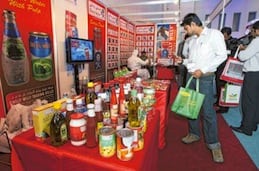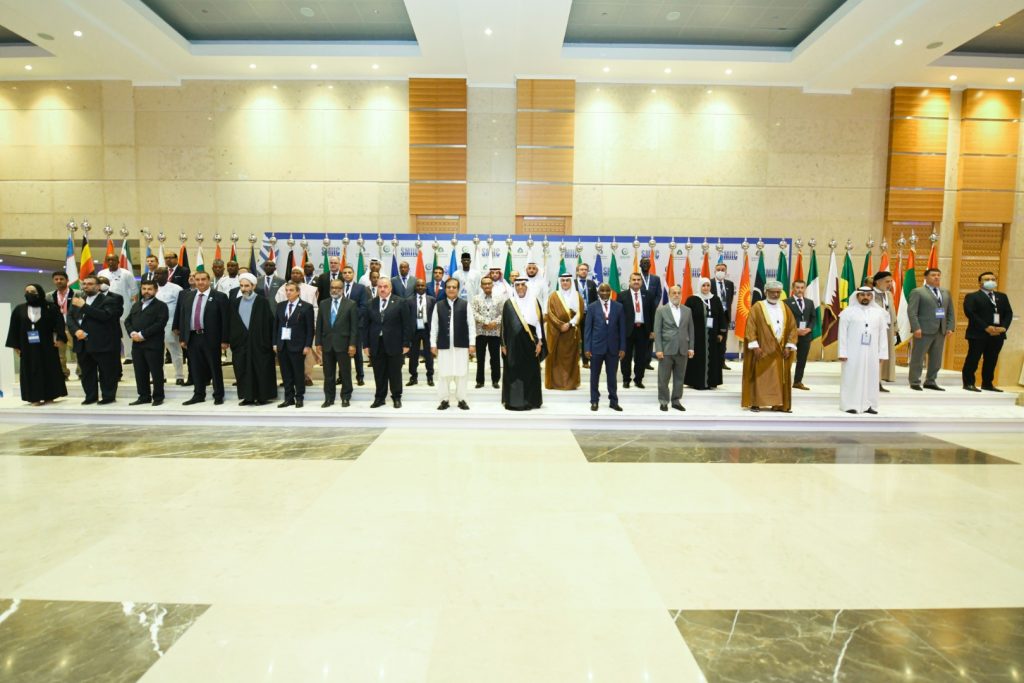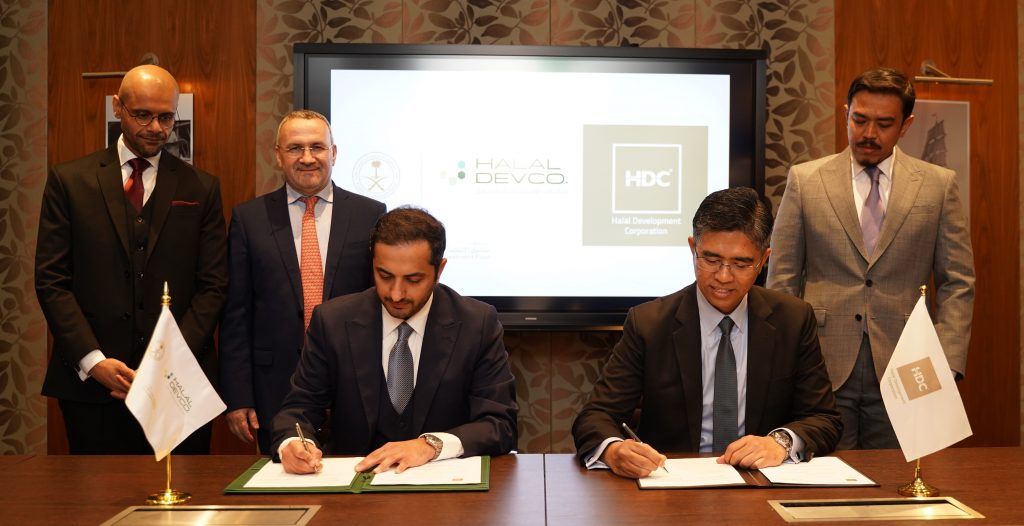Gulf News
All 57 Islamic countries will have to adhere to the set standards or lose certification
The Emirates Authority for Standardisation and Metrology (Esma) kicked off work on unifying standards for Halal foods and cosmetics. The standardisation will be applied in 57 Islamic countries within the next three years, a senior government official told Gulf News.
After the endorsement by the Organisation of Islamic Cooperation (OIC), the halal standards will be applied to food sold to Muslims living in non-Muslim countries, said Mohammad Saleh Badri, director-general of Esma. OIC is the second largest inter-governmental organisation after the United Nations and it comprises all 57 Islamic countries,

Image Credit: Abdel-Krim Kallouche/Gulf News
The Halal Food Middle East exhibition in Sharjah.
These new standards would result in reducing the time and cost of halal certification by 30 to 50 per cent, he said on the sidelines of the Halal Food Middle East exhibition in Sharjah yesterday. “The industry will love this idea because now they are showing everyone how they do their halal procedures, that itself is a cost. If there’s one certified scheme, it will be accepted everywhere.”
Esma’s unified standards will be made mandatory and any violations will result in revoking the halal certification, Badri said.
Developing a global halal standardisation system has long been debated among Islamic countries and called for by the industry but there has been little consensus on how to do it. Currently, different countries have their own requirements and systems of standardisation, certification and compliance.
Esma aims to “harmonise” these standards, Badri said.
Esma is now working on a scheme on how to certify halal products and unifying the procedure for certification with one set of standards. It will establish committees, including key representatives from major halal product importing and exporting countries, and propose specific standards. If approved, then it will develop a unified process for certification.
The UAE was appointed Chair of the technical committee for Halal food and cosmetics standards set up by the OIC during a recent meeting in Turkey.
Guidelines
The Emirates Authority for Standardisation and Metrology (Esma) is planning to issue guidelines for halal certification bodies in the UAE within the next six months, said Mohammad Saleh Badri, director-general of Esma.
“It will be compulsory for those who want to be a halal certification body,” he said.
After the guidelines are issued, the certification bodies will be monitored and, if found compliant with standards, accredited.
Esma is also working on producing a unified stamp or mark for halal products entering the UAE that can also be introduced to the GCC, Badri said.
“It’s a mark that will show that the product has gone through a standard certification process,” he said.
13 December 2012
Global Halal standards top of the agenda, say food experts
SHARJAH // Trading halal food under unified global standards is at the top of the agenda for Islamic countries, experts said this week.
With common mistakes made by some certification bodies, experts said a universal system must be set to ensure consumers’ food is 100 per cent halal.
“Halal is a very sensitive issue that Muslims should deal with,” said Haluk Dag, secretary general of the Standards and Metrology Institute for Islamic Countries (SMIIC) in Turkey. “We must have a technical committee to deal with halal food issues, especially with new technologies in place such as mechanical slaughtering and genetically-modified organisms.”
He was speaking during a lecture on halal standards at the Halal Congress Middle East, which took place alongside the Halal Food Middle East exhibition in Sharjah this week.
The global halal industry is estimated at more than Dh10 trillion and it is growing by more than 20 per cent every year. It caters to around 1.6 billion consumers worldwide, according to Asad Sajjad, chief executive of the Halal Development Council.
But with the increase in the demand for halal products comes an increase in common mistakes made by different certification bodies.
“Most halal certification bodies do not have scientific and Sharia committees,” said Dr Hani Mansour Al Mazeedi, a research scientist at the Kuwait Institute for Scientific Research. “The two committees are needed to work hand in hand to understand new technologies, to solve emerging religious issues linked with new technologies, to understand the chemical nature of raw materials and to provide procedures to switch haram production lines to halal ones.”
He said in the west, many halal meat certifying bodies were “ignorant” about halal processed food requirements, such as processed cheese in hamburgers. “They are not sincere in selecting their halal slaughter operator,” he said. “I have personally witnessed a halal slaughterman in France who does not utter the Tasmiyah” a prayer required when slaughtering an animal.
Dr Al Mazeedi said more inspections of halal premises should also be done.
“Some bodies are not trustworthy and certify haram meat,” he added. “There must be an international trustworthy organisation that will harmonise halal services globally such as the Muslim World League of Saudi Arabia.”
Countries are starting to take the necessary steps in order to achieve that.
“For centuries, we needed a common language which defined quality and safety in our daily lives, especially when it comes to trade,” said Dr Mohammed Hussain Shojaee, the director of Faroogh Life Sciences Research in Iran. “And until we resolve this part, we won’t be able to move forward.”
After being chosen by the Organisation of Islamic Cooperation (OIC) to regulate unified halal codes for cosmetics and perfumes in June, the Emirates Authority for Standardisation and Metrology (Esma) was also selected to chair the halal food technical committee. “A single halal standard will ultimately harmonise exports and imports and ease market access to several regions,” said Saif Mohammed Al Midfa, the Expo Centre’s director-general in Sharjah.
Experts said Gulf countries have also discussed making it mandatory for all imported meat to carry a halal stamp.
“Different halal authorities follow different Islamic rulings,” said Mr Dag. “There must be a common platform where all the parties come together and argue on the specific issues to define the minimum requirements of halal standards.”
He said those regulations must be applied regionally, then globally.
“The journey from science to standard is sometimes very complicated,” Dr Shojaee said. “But Muslims are entitled to halal food that is wholesome and safe.”


